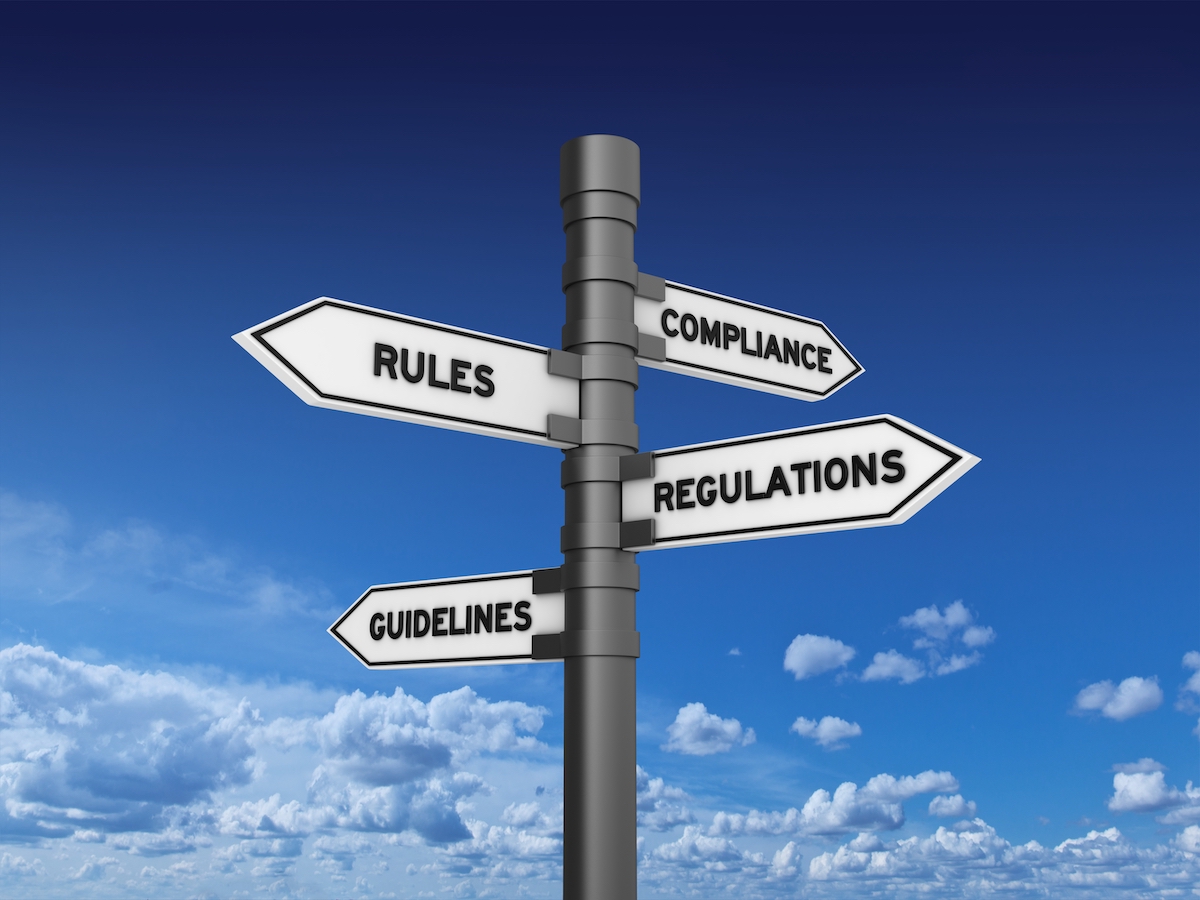Reigning in Cloud Computing Services with Governance

Today, more than 40 percent of all enterprise workloads run in the cloud. According to 451 Research, this will likely jump to 60 percent by mid-2018. As the use of multi-cloud environments continues growing, the task of ensuring all the varied workloads remain secure and compliant is no easy feat. This is especially true when business units move workloads to the cloud without the knowledge or approval of IT.
Enter: Cloud Governance.
Like government, the word governance originates from the Greek verb κυβερνάω, which means to steer. It relates to decisions that define expectations, grant power or verify performance. In cloud governance, enterprises apply specific policies or principles to the use of cloud computing services with the goal of securing all remote applications and data. Tech Target writes that governance of cloud services can be viewed as an extension of service-oriented architecture governance, although the unique properties of a public cloud architecture, such as multi-tenancy, present slightly different concerns.
What makes cloud governance so extremely challenging? It’s because cloud workloads:
- Lack accountability. Enterprises are often uncertain just who is responsible for safeguarding the sensitive data stored in the cloud, making it difficult to determine if proper security and data privacy policies are in place and enforced.
- Need security. You can’t govern what you don’t see. When IT is not involved in reviewing a cloud provider’s security — or are unaware of all the cloud applications, platforms or infrastructure services in use across the enterprise — they are unable to confidently manage risk.
- Sidestep compliance. Cloud governance is not only a security issue, but a compliance issue as well. Cloud applications are often used without IT having conducted proper training on cloud security, policies and procedures. If IT doesn’t have control over how employees or third parties access and handle sensitive workloads in the cloud, meeting privacy standards and compliance regulations is very difficult.
Strong cloud governance is essential for ensuring the right cloud security policies are in place, and most importantly, are followed across the enterprise. Even if you feel you have a sound security strategy, without cloud governance, your organization is at risk for data theft, loss or exposure.
Cloud governance should be implemented at three layers:
- Service level governance (also known as API-level governance): Employees attempting to gain access to cloud services must first pass through a centralized access point to confirm user authorization. This ensures that only users with permission to access a particular cloud service are allowed.
- Data level governance: Enforce controls at the data level to meet data privacy requirements and ensure the availability, integrity and overall security of your data in different cloud models, including public and private. Only those employees with the right access, authorization and permissions should have access to sensitive data stored in the cloud.
- Platform level governance: To avoid overpaying for subscription-based services while ensuring a single point of control for complex, distributed clouds, set policies that specify cloud providers use automation and proper controls to optimize provisioning and de-provisioning of cloud resources.
One final consideration that cannot be overlooked is the exit strategy. Despite the fact that the cloud is a great fit for many of today’s workloads — it’s not a fit for every workload. When you determine the problem isn’t just a provider who’s not a good fit, you’ll have to plan a retreat. Therefore, an exit strategy is imperative.
With the right governance strategy in place, cloud-based workloads can be as secure and compliant (in some cases, more so) than on-premises. With a strong cloud partner who has the expertise and technical acumen, you’ll be ready to take on the complexity and positioned to successfully govern your cloud environment.
OneNeck can help. Our cloud experts can provide visibility into your organization’s cloud workloads. They can also help you develop the right processes to manage them, securely and compliantly.



